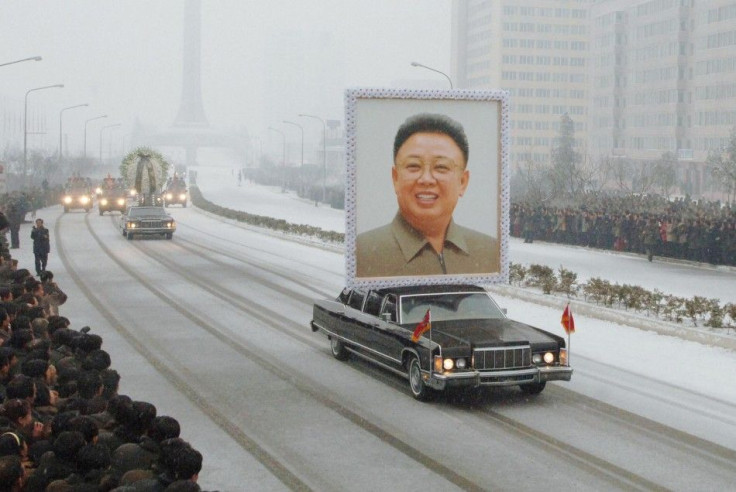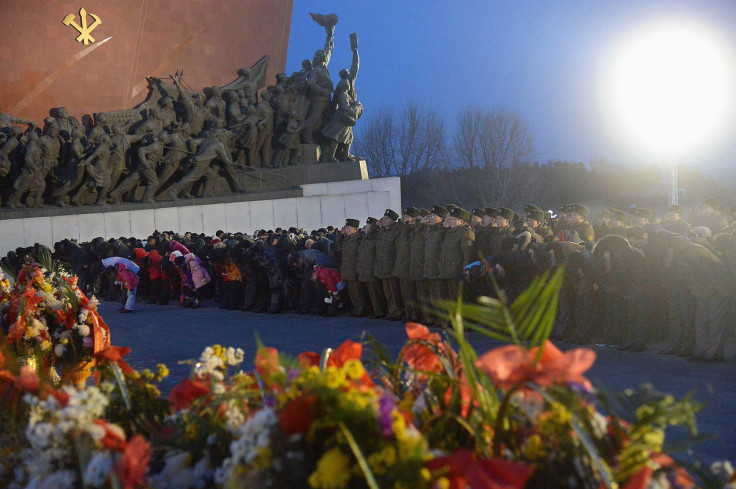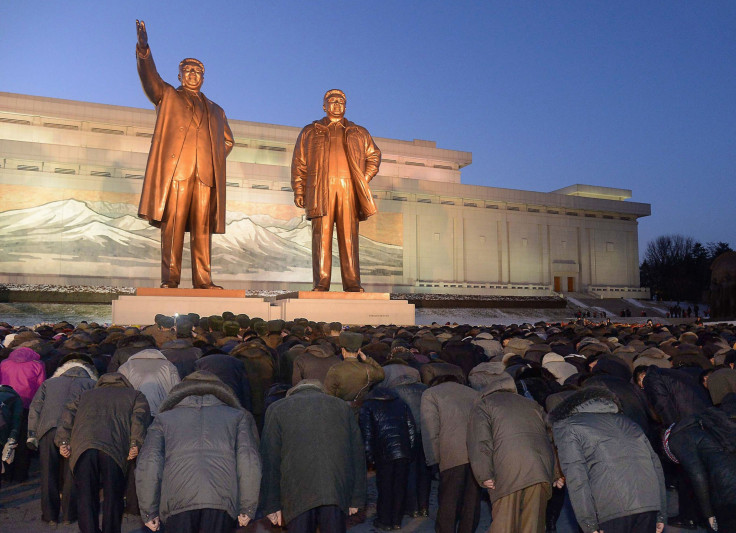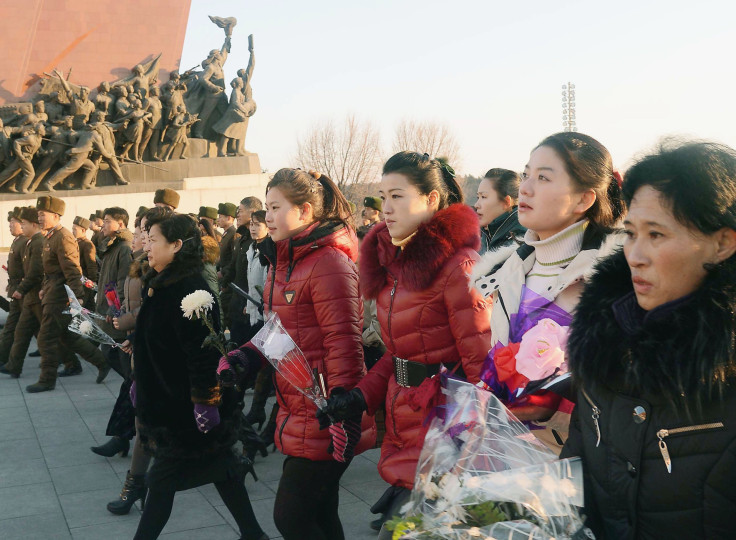North Korea Marks Third Anniversary Of Kim Jong Il's Death; International Community Weighs In

In many Western traditions, mourning can last from a week to several months. But when it comes to North Korea’s late leader Kim Jong Il, official mourning lasts for three years. On Wednesday, marking the three-year anniversary of the death of the dynastic ruler, North Koreans, led by his son and current leader Kim Jong Un, and supporters of the pariah nation commemorated him.

Though other world leaders have been officially mourned for extended periods of time, like in Tonga, where the king is mourned for a year, North Korea’s three-year period is perhaps the longest showing of official national sadness.

In Pyongyang Wednesday, citizens paid tribute to Kim at Pyongyang Mansudae square, which features large bronze statues of the country’s founding leader Kim Il Sung and his son Kim Jong Il, by bringing flowers and bowing to the memorials.

During his leadership, Kim Jong Il was worshipped like a deity, the way his father was as well. State newspaper Rodong Sinmun, which is the official mouthpiece of the North’s ruling Korean Workers’ Party, published a special spread about the commemoration activities, noting Kim Jong Il’s “revolutionary career and undying feats,” his efforts in developing the country’s nuclear weapons program and his role in solidifying economic relations with countries like China.
Several leaders sent their final condolences to North Korea, including an onslaught of floral tributes from the Guinean president, the prime minister of São Tomé and Principe, and even the Syrian president. In the Russian city of Khabarovsk, a plaque commemorating Kim was unveiled, sitting on a pedestal in the city's center.
“We will never forget the great line and role HE [His Excellency] Kim Jong Il, the eternal leader of the DPRK, who dedicated his all to the country and its people,” Bashar Al-Assad, the Syrian president, said in a statement. “We will always remember HE Kim Jong Il as the great fighter, genuine patriot and the leader who protected the country and its people and the revolution."
China, the North’s most significant economic and political ally, surprisingly was not invited to the festivities, as it was in the past, but still offered a statement. “We remember General-Secretary Kim Jong Il on the third memorial day of his passing away for his important contributions to the development of the long-standing relationship of friendly cooperation between the DPRK and China,” Qin Gang, a spokesman for the foreign ministry, said in a briefing.
The messages sent to the North about Kim did not, of course, mention the many less flattering opinions about him. “Kim Jong Il ruled by severely punishing dissent, and using the fear instilled by his brutality to keep the population silenced, even as they were starving to death," Phil Robertson of Human Rights Watch said, according to the Washington Post. “Sadly, Kim Jong Un, North Korea’s new supreme leader and son of Kim Jong Il, is closely following in his father’s footsteps.”
© Copyright IBTimes 2025. All rights reserved.






















